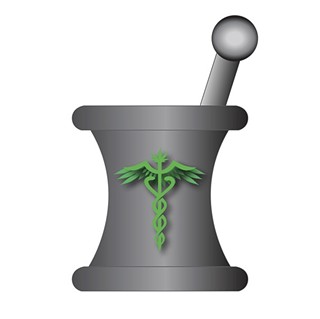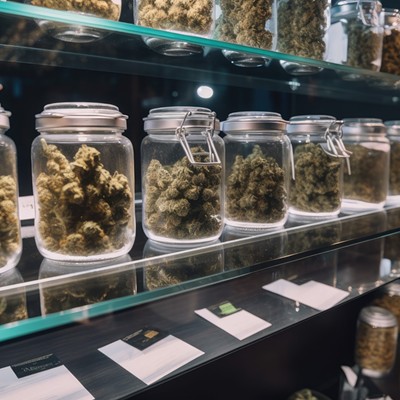Once there was a scientist named Friedrich Wurst.
There probably still is, but back in 2003, he did a study of alcohol metabolites in the corpus humanum. He found that one, ethyl glucuronide (EtG), is an excellent indicator that a person had a drink up to 80 hours prior to testing. EtG is among a new generation of biochemical markers that could be used to document alcohol use among professionals who have to prove sobriety for licensure (some doctors) and folks in treatment programs, Wurst said.
This is very good news in Arizona, because EtG would allow the state to find out you had a drink more than three days ago—long after the alcohol was gone from your system and long after any impairment could possibly exist. Then when a sheriff's deputy pulls you over for something entirely unrelated, he could give you a DUI.
Wait ... give you a DUI for drinks last week? The state wouldn't do that, would it?
No, because cops don't test for metabolites of alcohol; they test for alcohol. It's the alcohol that causes impairment, not the metabolites. But they would give you a DUI for smoking cannabis last week—or even last month—because they do test for metabolites of cannabis, even the ones that indicate past use but not recent use.
It happened in Mesa in December 2010.
A sheriff's deputy stopped Hrach Shilgevorkyan for speeding and unsafe lane use, then (presumably suspecting impairment) took him to a command post for processing. Shilgevorkyan then agreed to a blood test, which showed his blood was devoid of alcohol but did contain carboxy-tetrahydrocannabinol (carboxy-THC), a metabolite of cannabis that can linger in your blood for weeks.
So Shilgevorkyan got a DUI despite his blood not containing hydroxy-tetrahydrocannabinol (hydroxy-THC), a metabolite that indicates recent use and thus possible impairment. He got a lawyer and fought the DUI in Justice Court, where it was dismissed. The state then appealed to Superior Court, where a judge agreed with the Justice Court and upheld the dismissal.
Nonsense, said the state and William Montgomery, the Maricopa County attorney who is a known cannabis hater. They appealed again, to the Arizona Court of Appeals. Score! On Feb. 12, the Court of Appeals upheld the DUI, and the state's case makes perfect sense given the law. Wtf?
Arizona Revised Statute 28-1381 says "it is unlawful for a person to drive or be in actual physical control of a vehicle in this state ... while there is any drug defined in section 13-3401 or its metabolite in the person's body." Cannabis is right there in section 13-3401, along with alpha-ethyltryptamine, 4-bromo-2, 5-dimethoxyphenethylamine, and the dreaded Bufotenine. So the law seems clear—having carboxy-THC in your blood while driving is illegal.
The problem is that it's ridiculous.
Section 13-3401 of the Arizona Revised Statutes lists scores of drugs, including oxycodone, codeine and morphine. I certainly agree that people shouldn't drive under the influence of these drugs. Duh. But having metabolites in your system doesn't mean you're impaired. I suspect if you prick all the judge arms in the Arizona Court of Appeals, you'd find some metabolites of some of these drugs—maybe lingering molecular evidence that a Good Judge had popped an Oxy or two last week for a bad back or dosed on some codeine last month for a neck twisted during a golf outing.
Should we fire them for ruling under the influence? No, we shouldn't, because that would be ridiculous. Just as ridiculous as charging Hrach Shilgevorkyan with DUI for cannabis he smoked weeks and weeks before he was driving.
Ridiculous, yes. But this is Arizona.










